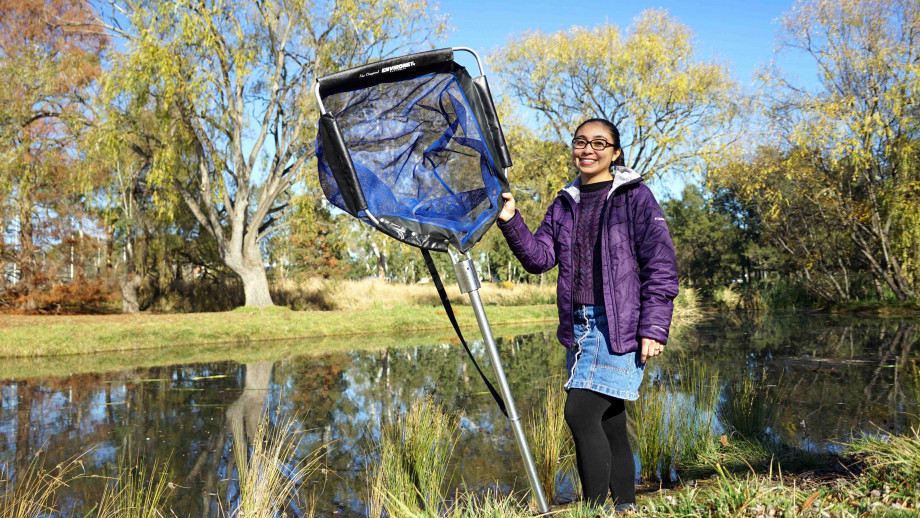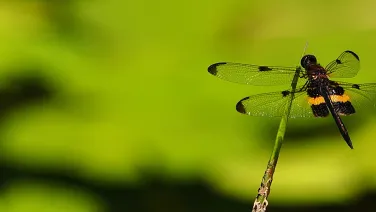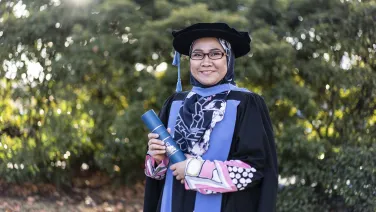
From Mexico to Canberra and then Stockholm
ANU PhD graduate Regina Vega Trejo hopes that her ongoing research into inbreeding amongst species can help scientists discover why animals that are related are less likely to survive.
Regina, who has been studying at the Research School of Biology for the past three years, says she's interested in the inbreeding of species especially as environmental factors such as climate change continue to place pressure on species to maintain their numbers in the wild.
Regina did her undergraduate and master degrees at the National Autonomous University of Mexico. As part of her PhD at ANU, she has been studying the inbreeding of mosquitofish to gain a better understanding of why the survival rates of offspring between members of the same 'family' tend to be less.
"We know that mating with relatives, or inbreeding, is common in nature and it's commonly assumed that the offspring of those ones that mate with their relatives are going to be of poorer quality compared to other ones that don't mate with relatives- the offspring are less likely to survive and fight diseases or predators," Regina said.
"This is known as inbreeding depression.
"So we knew inbreeding depression was bad but then we wanted to look at the interaction between inbreeding depression and a stressful environment early in life."
"We suspected as well that if you have an individual that, early in life doesn't eat very well, their chances of survival are even less when combined with inbreeding depression."
Regina says her research found that inbreeding had no effect on how mosquitofish grew, and that the sperm traits weren't affected either. However, when it came to what is really important, that is, their success in mating with females and producing offspring, inbred males did worse than outbred males.
"Inbreeding had no effect on their sperm traits which is maybe a bit counterintuitive. But we also did another study where we inseminated females with sperm from inbred and outbred males and the inbred males had fewer offspring, so it seems like when the sperm competes inside the female, that's when you see inbreeding depression. When inbreeding takes place, there's less chance of fertilisation."
Regina says the next stage of research in this area would be to look more closely at what happens during fertilisation within the fish.
"I think evolutionary biology always struggles with that - we can look at it from a really broad scale and then when we try to narrow it down that's when we struggle on analysing the mechanisms."
Regina says she'll next examine the interaction between predation and cognition - how fish can think quicker for themselves for purposes such as self-defence.
She will be doing that when she begins her two-year postdoctoral fellowship at the University of Stockholm in August.
Regina admits she'll be sad to leave ANU given the close-knit community of international students that have helped her make the campus home for the past few years. She says she'll also be sad to no longer be working with Professor Michael Jennions, who has been her supervisor at ANU.
"He was amazing from the start. It will be really hard to leave. I mean especially the Ecology and Evolution Department is really welcoming. They're all really helpful and I think that's going to be one of the hardest things."

Regina Vega


